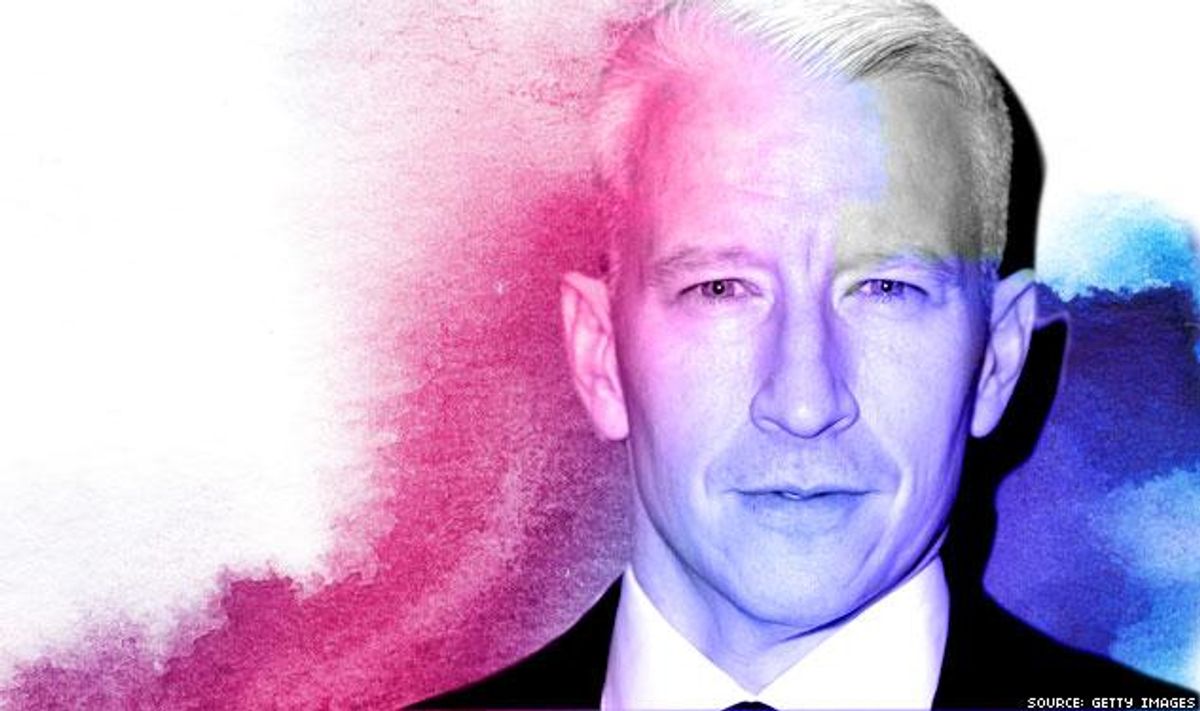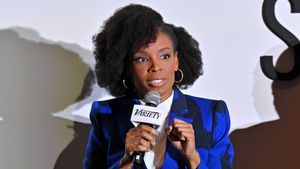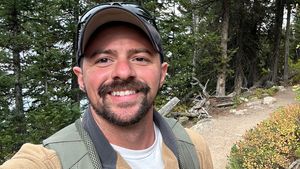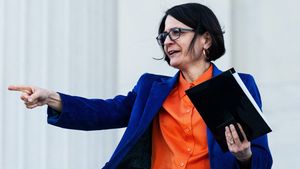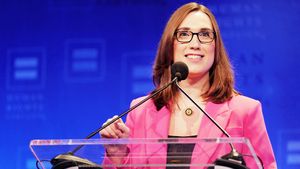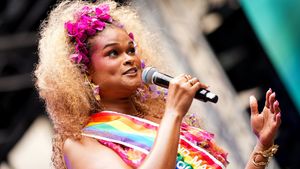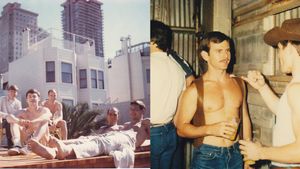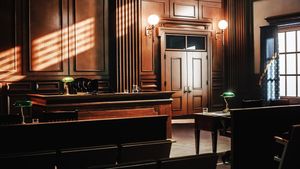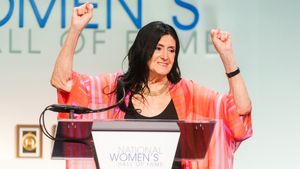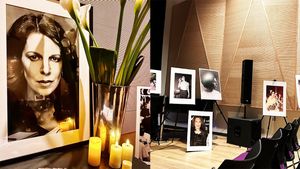Despite being born into a world of privilege and power, Anderson Cooper has proven that he has what it takes to find his own fortune. With a net worth estimated at $100 million, he continues to expand his media empire. Cooper embodies the idea that, no matter what type of social or economic background a person may come from, finding fortune comes with its share of obstacles.
Anderson Cooper was born in 1967, son of writer Wyatt Emory Cooper and designer and heiress Gloria Vanderbilt. He attended the prestigious Dalton School in New York City and, despite being mildly dyslexic, he graduated a semester early. After high school, Cooper traveled to Africa, the first of many such international journeys that foreshadowed his future ambitions. His travels would bring him back to the U.S., from undergrad at Yale University to an internship at the CIA.
The premature deaths of Cooper's loved ones proved to be major hurdles that the future anchor faced head-on. He lost his father to heart disease when Cooper was just 11 years old, then his older brother to suicide when he was in his early 20s. These traumatic losses fueled his desire to tell compelling stories, however sad, through his pursuit of journalism.
He started from the bottom of the career ladder as a fact checker at local news network New York 1. Ambitious and inventive, Cooper and one of his friends created a fake press pass so that he could gain access to create his own news segments. Cooper used the press pass to meet with students in Myanmar who were raging against the Burmese government. Cooper pitched his own segments to New York 1, and was ultimately allowed to report around the world on issues ranging from Somalia to the Rwandan genocide. Cooper soon became New York 1's chief international correspondent.
The rest of Cooper's journey is widely known: from anchoring ABC's World News Now, to hosting the reality show The Mole, to his own show on CNN, Anderson Cooper 360. With his "name on the door" of this program, Cooper had the freedom to tackle the subjects he cared about, from political campaigns to, most memorably, his coverage of Hurricane Katrina.
Cooper joined daytime television in 2011, with his talk show Anderson Live. It was perhaps out of his hard news comfort zone: taped in front of a live studio audience, featuring guest co-hosts and interactive social media. The show ran for two seasons before being canceled. Although the show was not as successful as Anderson or the network might have hoped, his star power was not diminished. The show helped to establish major crossover appeal, which allowed Cooper to expand his demographic appeal and future audiences. In 2012 Cooper came out publicly as a gay man, which was well received by the public. Fortune certainly favors the bold.
What's next for Mr. Cooper? He recently signed an exclusive deal renewing his contract with CNN through 2016. That means viewers are guaranteed many more hard-hitting interviews and provocative reporting in the years to com. Cooper continues to be living proof that by finding your true passion and pushing through adversity, you can build your brand and your own fortune.
